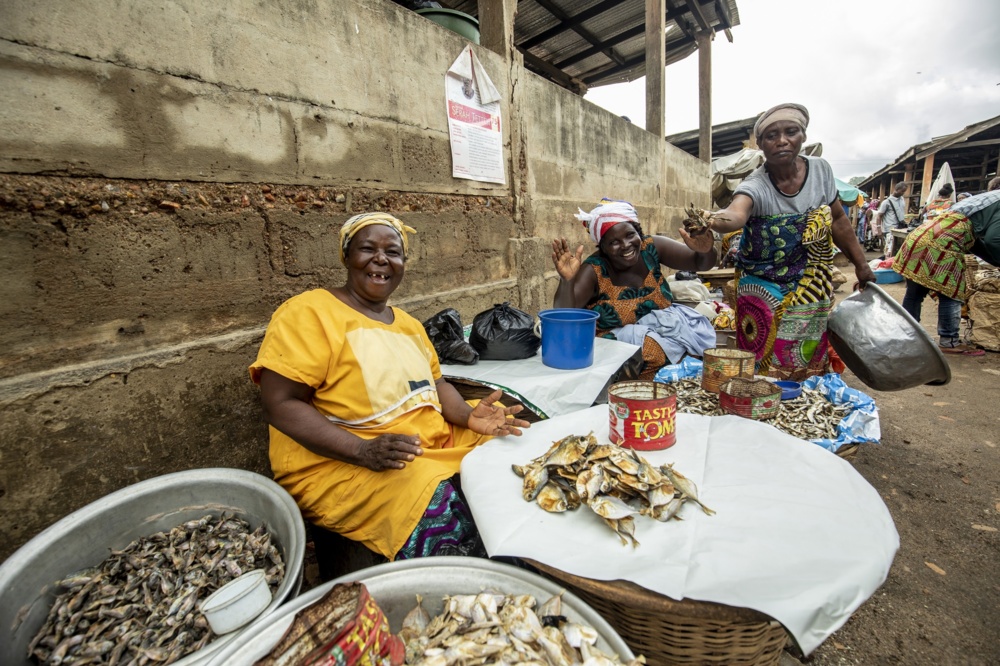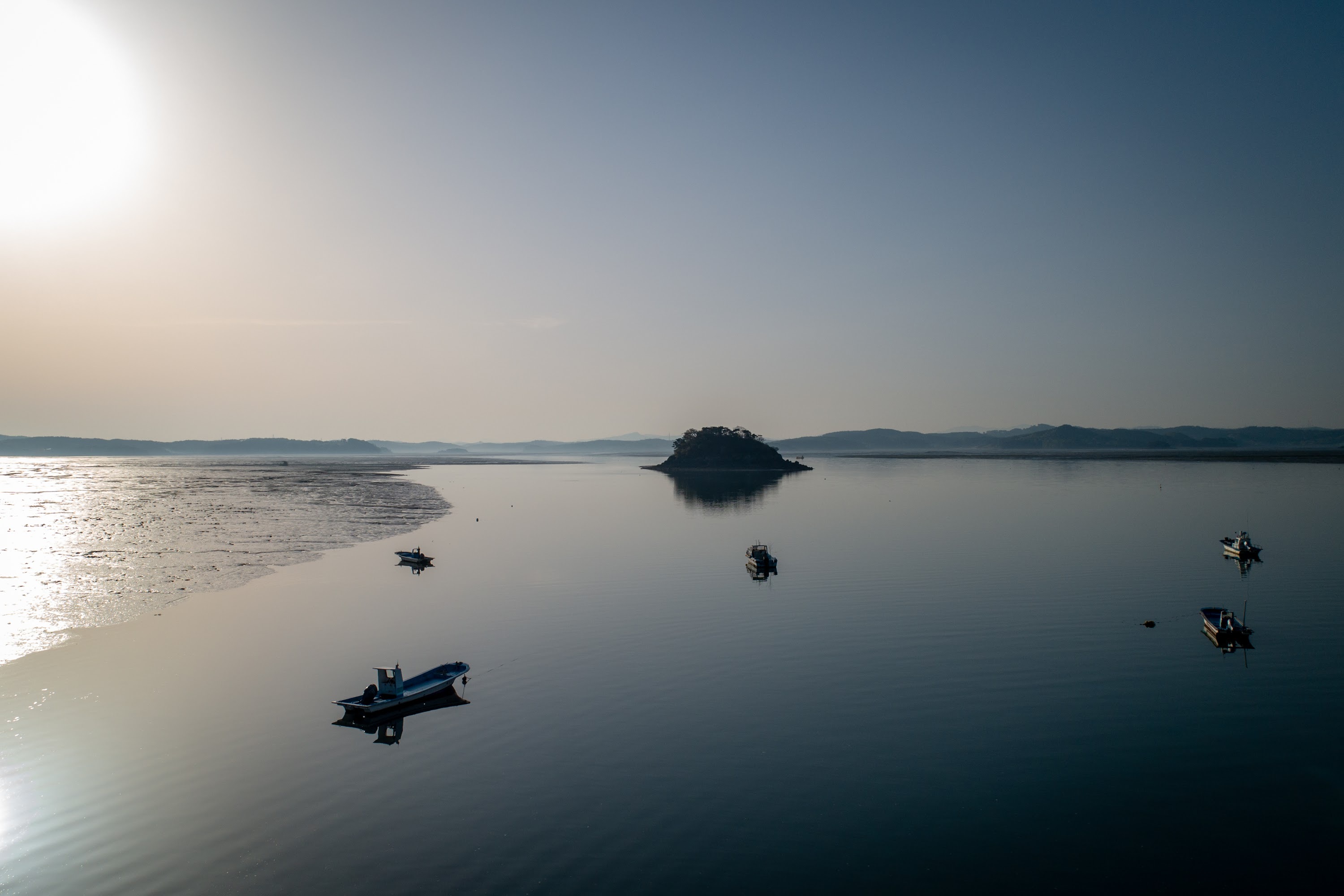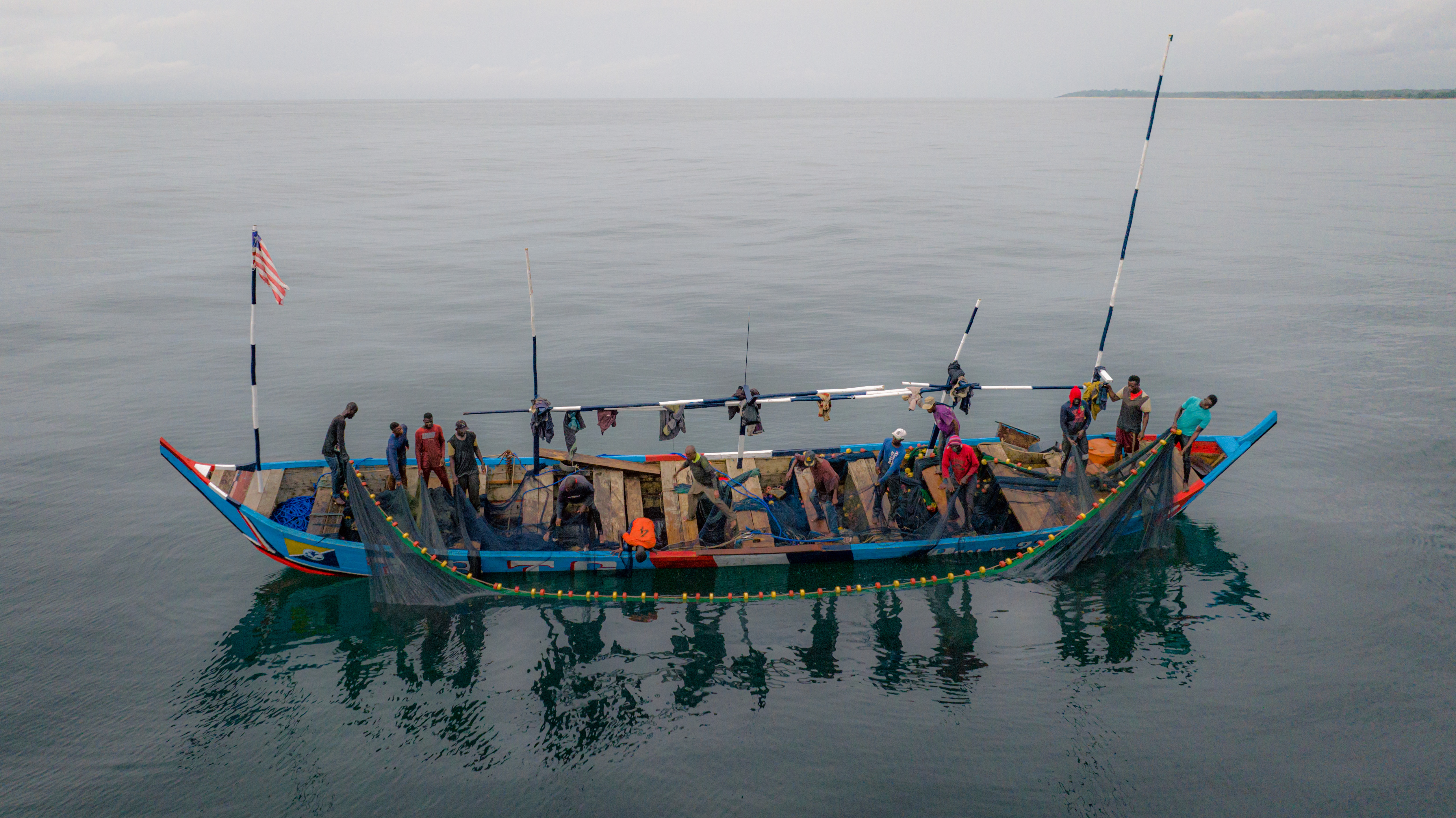
Ghana backs Global Fisheries Transparency Charter: a breakthrough for ocean governance and accountability
For immediate release
Accra, Ghana, 29/04/2025
Ghana has today endorsed the Global Charter for Fisheries Transparency. This is a vital step that will safeguard the country’s marine resources, support coastal communities, and underpin efforts to end illegal fishing. It shows Ghanaian leadership on a global scale, says the Environmental Justice Foundation (EJF).
Illegal fishing and overfishing threaten to collapse Ghana’s fish populations, directly undermine the most basic human rights of coastal communities, and may be costing the country millions of dollars every year in unpaid fisheries fines from foreign trawlers. Today, however, at the Our Ocean Conference in Busan, a breakthrough to end this has arrived.
In a landmark statement, Hon. Emelia Arthur, Ghana’s Minister for Fisheries and Aquaculture, pledged her full support for the Charter for Fisheries Transparency, stating:
“I stand here fully subscribing to the Global Charter for Fisheries, which for me is within a framework of accountability. Not just because it’s important to do, but also because it reflects Ghana’s fisheries laws and objectives and sets a good map for reforms… Let’s come along on the journey of actualising the 10 principles of the Fisheries Transparency Charter as Ghana comes along as well.”
The problem is clear: without transparency, it’s impossible to manage fisheries or hold those responsible for breaking the law to account. By implementing the Charter’s principles, Ghana can aid small-scale fishers, rebuild fish populations, and strengthen enforcement against those responsible for breaking the nation’s fisheries laws, says EJF.
Steve Trent, CEO and Founder of EJF, said: “Minister Arthur’s support for the Global Charter demonstrates that Ghana is leading the world in the shift towards sustainable, legal and ethical fisheries. Ghana’s coastal communities will benefit most from this, as livelihoods and food security are supported, but it will have global impacts. We strongly commend her decision and leadership.”
The Global Charter for Fisheries Transparency is built on ten low- or no-cost principles that promote access to essential data, such as tracking vessels across the ocean or recording who ultimately profits from their activities. These principles are vital to stopping illegal fishing and human rights abuses at sea, says EJF.
EJF stands ready to support the Ministry of Fisheries and Aquaculture in making these reforms a reality. Trent added: “Every country that joins the Charter moves us closer to sustainable oceans and fairer fisheries. Ghana’s commitment is a powerful endorsement of this future, and we look forward to working in close partnership to support these ambitions.”
EJF urges other nations in West Africa and beyond to follow Ghana’s lead and endorse the Charter, recognising the central role of transparency to restore sustainable fisheries, coastal livelihoods, and a thriving ocean.
ENDS
Notes to editors
About EJF
Our work to secure environmental justice aims to protect our global climate, ocean, forests, wetlands, wildlife and defend the fundamental human right to a secure natural environment, recognising that all other rights are contingent on this. EJF works internationally to inform policy and drive systemic, durable reforms to protect our environment and defend human rights. We investigate and expose abuses and support environmental defenders, Indigenous peoples, communities, and independent journalists on the frontlines of environmental injustice. Our campaigns aim to secure peaceful, equitable and sustainable futures. Our investigators, researchers, filmmakers, and campaigners work with grassroots partners and environmental defenders across the globe. For more information, please contact media@ejfoundation.org.
SIGN UP FOR OUR EMAILS AND STAY UP TO DATE WITH EJF

